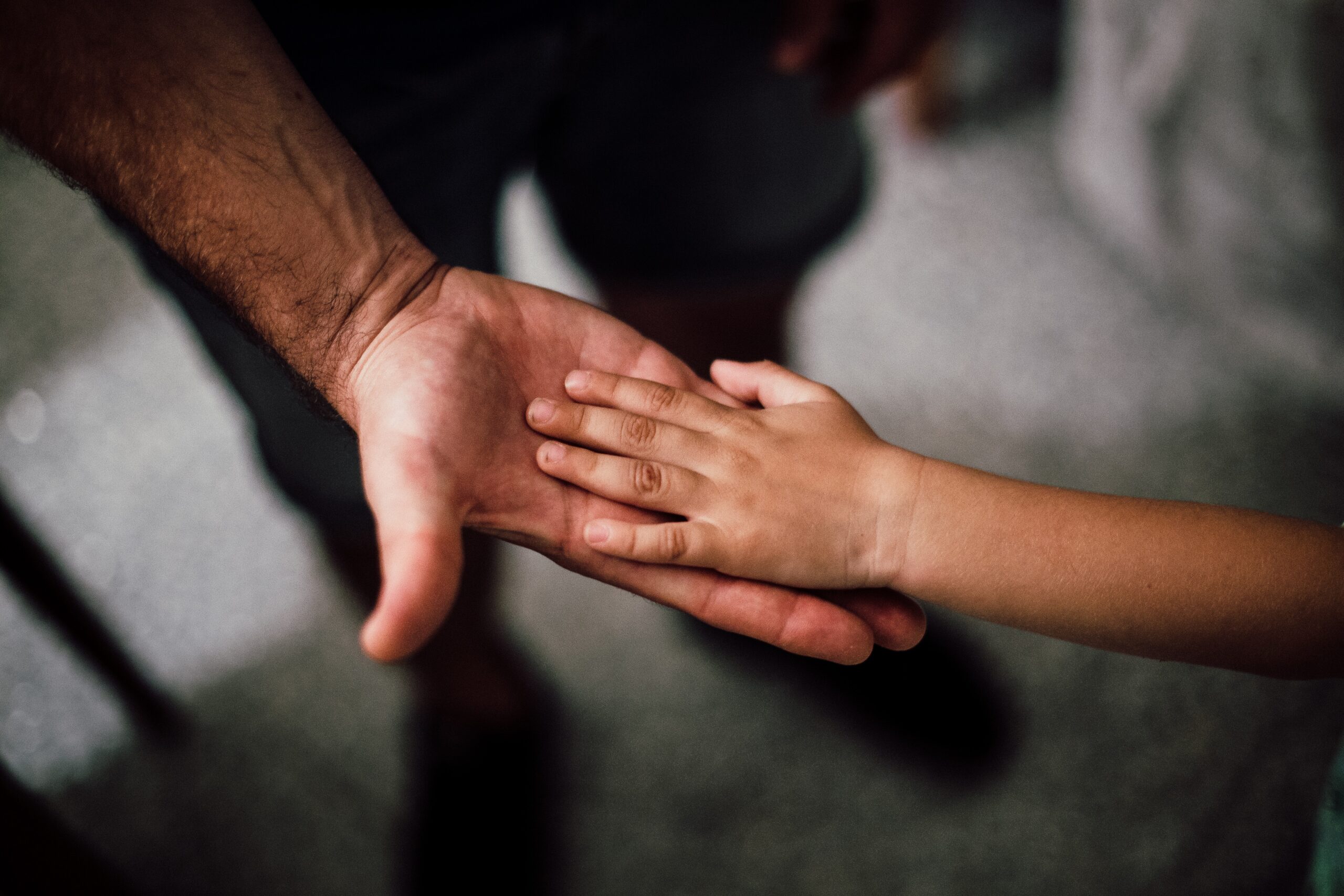So what is emotional neglect?
Emotional neglect is the experience of feeling utterly overlooked with the people who mean something in your life.
If we can tell you that right in the first line, why have we written a whole blog about it? Well, because identifying the ways we can support, heal and recognize the signs of emotional neglect are the most effective ways to empower you to flourish- and whether you’re receiving support in Milford, Michigan, or beyond, we want to see you thrive.
So let’s talk about the signs of emotional neglect and how to spot it so you can feel seen when it matters most!
What are the Common Signs of Emotional Neglect?
While there are a multitude of expressions and signs of emotional neglect that you can unpack in individual therapy for your unique situation, there is a core list of 6 signs we see in most people who have experienced emotional neglect.
1. You experience a lot of self-blame.
Relationships with primary caregivers have always felt strained, or marked by insecure attachment. When those you count to act as a barometer for interactions cannot take accountability for them, you may become the bearer of all blame in your life. If you feel that everything that goes wrong in your world is your fault, you have likely experienced emotional neglect at some point in your life.
2. All feedback feels like criticism and often makes you anxious.
Feedback shouldn’t all feel like someone is blaming you for getting it wrong. While some feedback is criticism, every response to your contributions isn’t an attack on your character or ability. For someone who’s experienced emotional neglect, it may feel like it even with the most supportive intentions.
3. You feel numb or struggle to connect with your emotions.
An off switch for your feelings is a protective mechanism when no one else seems to notice that you have them. Built from an expectation that you won’t react, your numbness is unlikely to be your natural state. Even still, disconnecting or struggling to fully feel your emotions is a sign of having them disregarded in critical relationships.
4. There is no room for self-compassion in your life.
Do you feel you can easily extend compassion and understanding to others, while ruthlessly upholding an untouchable standard of behavior for yourself? Those who have experienced the signs of emotional neglect are likely to mimic that neglect in their inner world while amplifying the compassion they need most to everyone else.
5. The desire for independence is greater than the desire for connection.
When you’ve been let down by those you trusted to protect and support you, it may feel difficult to relinquish that power to someone anymore. A fierce desire to be independent can be admirable, but it can also be very isolating if you choose the perceived safety of independence over the opportunity to connect emotionally in spaces where safety and support could help you heal.
6. You’ve thought about starting individual therapy, but don’t end up following through.
While a part of you recognizes that things are off in your emotional world, there are countless hurdles that stand in the way of feeling like you’re worth the trouble. Starting individual therapy and working on yourself is part of your plan for the future, but don’t seem to make their way into today’s self-care routines.
Emotional neglect has different meanings
At the core of it, emotional neglect is one experience: being in a situation with another person or group of people who do not (or cannot) respond to your emotional expression adequately or at all. It’s a harrowing experience to feel invalidated, invisible or unimportant in your most vulnerable state. The manifestation of emotional neglect will look different across life stages and spheres, and these are just a few of the broader classes of emotional neglect.
For children
Most of the research currently available¹ is about the signs and impacts of emotional neglect in childhood. Children who experience emotional neglect are likely to have felt it from parents or other caregivers who couldn’t compassionately respond to their emotions. This invalidation of their emotional landscape is likely to leave scars on the development of their worldview along the way.

In romance
Much like in childhood, emotional neglect in a romantic relationship² stems from unmet needs. This may mean that the need or feeling isn’t recognized, or that it’s not responded to. Emotional neglect in romance puts the burden of connection and emotional labor on one partner while the other absorbs it (often without reciprocation).
With other adults
For children who have grown into adults that were emotionally neglected, their professional and social relationships as well as familial relationships are likely to reflect that fear of neglect. These are more highly varied but often exhibit many of the same signs of emotional neglect to different degrees.
What if I’ve been the cause of someone else’s emotional neglect?
Most people reading this are doing so in an effort to identify and heal their own difficulties but there’s an old adage that “hurt people hurt people”, and it’s entirely possible you’re reminded of a painful past experience here as well. If you’ve been emotionally neglected and, in turn, contributed to someone else’s emotional neglect, you’re likely feeling pretty ruthlessly angry at yourself right now.
Take a moment here. Inhale, then exhale that emotional battering you’re about to give yourself. Perpetuating that hurt right back to your core need to heal is not going to do you any favors.
If you have hurt someone through emotional neglect, you can begin to make reparations. Continue on your own path of healing to ensure that hurt is not perpetuated in future relationships. If the person you’ve hurt is someone who is still in your life, getting support in individual therapy is your first line of action in working toward forgiveness—for yourself and for your loved one.

Now what?
Tackling emotional neglect on your own is an uphill battle. While we believe wholeheartedly in your ability to do anything you put your mind to, we also believe that there’s no reason to suffer alone when you can find support in Milford, Michigan, and beyond through individual therapy at New Perspective Counseling.
If you or a loved one has experienced the signs of emotional neglect, call us today and let’s get you on a path toward feeling whole and visible in your world today.
Make your appointment here
New Perspective Counseling is a group practice dedicated to emotional wellness and healing. Our caring therapists provide psychotherapy, individual counseling, marriage counseling and family counseling in our Highland, Michigan office. We are located conveniently near Milford, White Lake, Commerce Township, Holly, Hartland and Brighton, Michigan.
Sources:
¹Ludwig, S. and Rostain, A., 2022. FAMILY FUNCTION AND DYSFUNCTION. ScienceDirect.
²Steber, C. (2021, June 24). 17 signs your partner is emotionally neglecting you. Bustle. Retrieved May 20, 2022, from https://www.bustle.com/wellness/habits-that-show-your-partner-may-be-emotionally-neglecting-you

